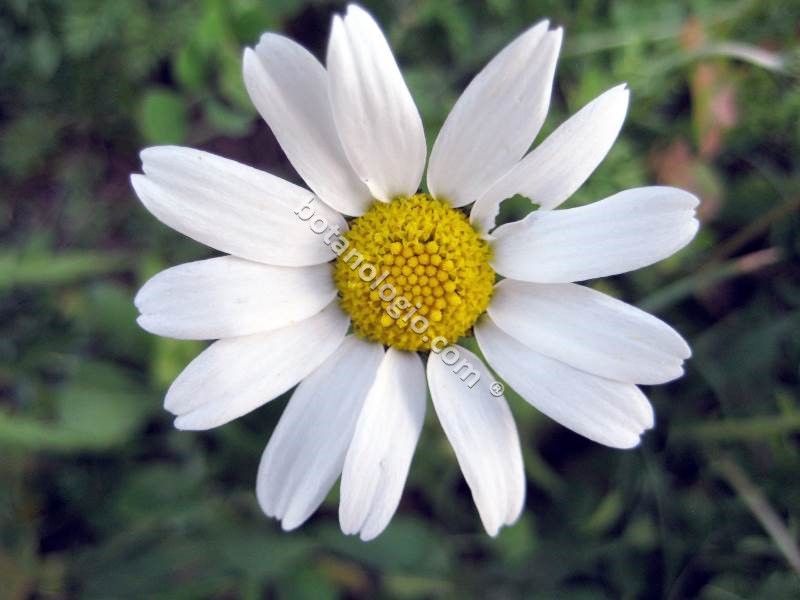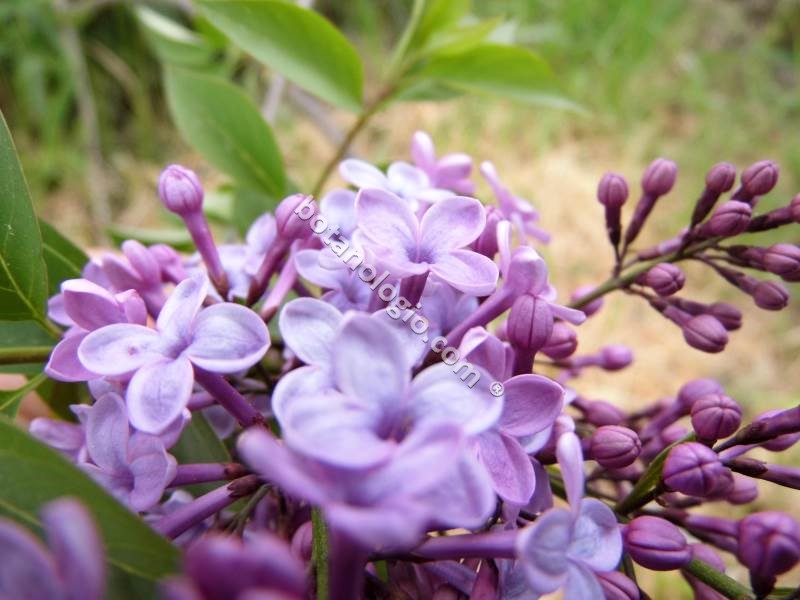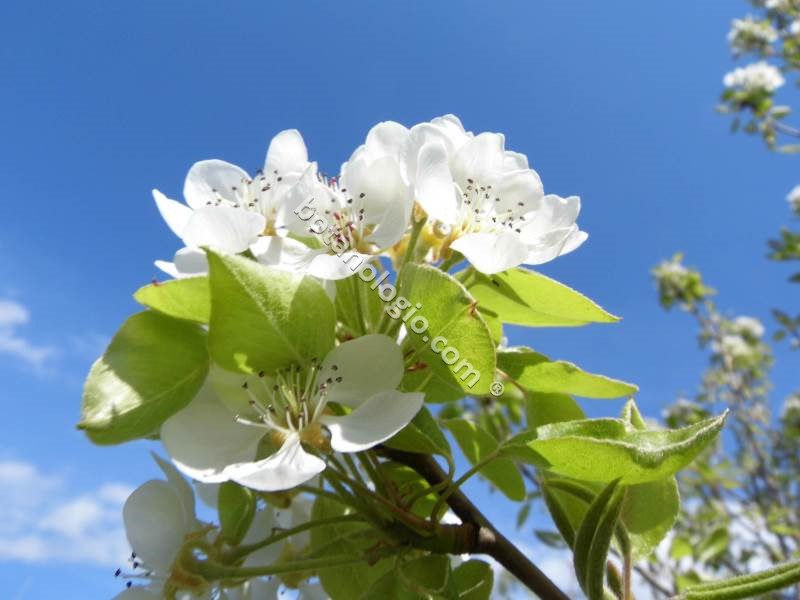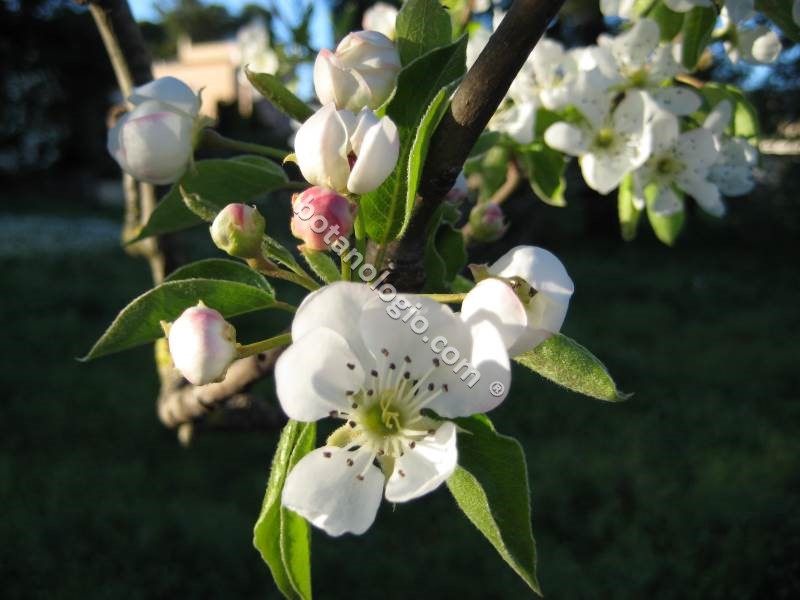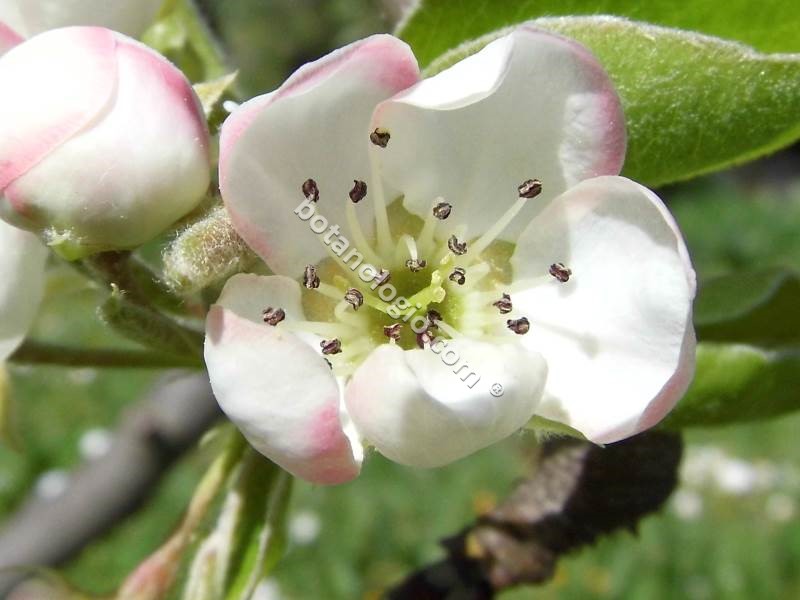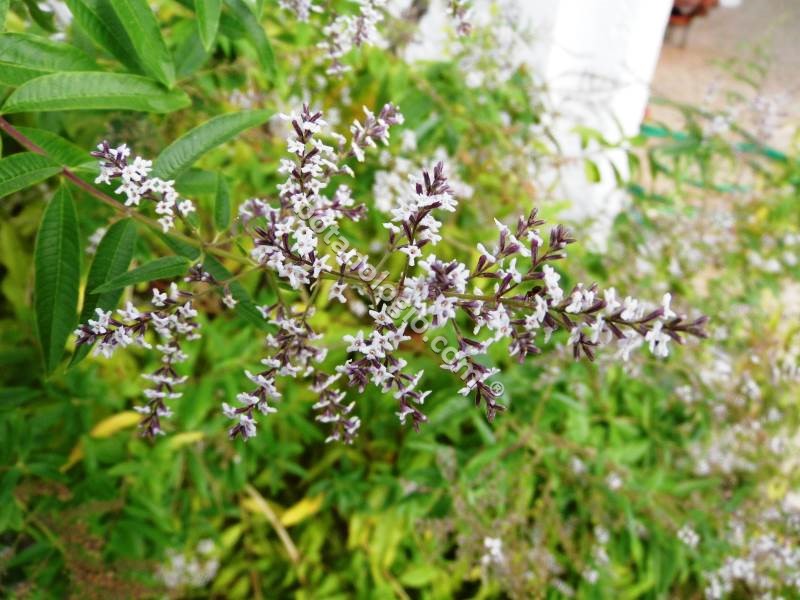Clove nutritional value and collection

Clove is a spice and herb known for its intense and beautiful aroma. It is widely used as a spice in cooking, beverage and confectionery. Its official name is dianthos while its ancient Greek name is kariofyllon.
It is a perennial and evergreen tree that thrives in Indonesia, with dense foliage and very beautiful flowers, while the parts of the plant we use are the young buds before they bloom. They are then dried and ready to use.
Both the dried flower and its strong and aromatic essential oil are used, which is distilled from the flower buds and the leaves. Many people know and use it to treat toothache, as a natural analgesic and anti-inflammatory and to treat bad breath.
A unique spice
Clove is a very expensive and recognized spice with many uses in both culinary and therapeutic levels. The buds are harvested at a certain stage of ripening, when they acquire a pink color but before they open, while they are dried in the sun and sent to the markets.
Storage
For proper purchase and storage, prefer to buy whole dried buds rather than grated cloves, as it quickly loses its aroma and the powder may contain traces of other herbs or plants. Store the cloves in a dark and dry place to keep their aroma for a long time and grind the quantities you need each time to keep the aroma and the healing properties. If you prefer powder, store it in your refrigerator in an airtight jar for a while because it will lose its aroma quickly.
Nutritional value
Per 100 grams of cloves, you will find many nutrients that cover a percentage of our daily needs such as: 6% protein, 14% fiber, folic acid, niacin, pantothenic acid, riboflavin, vitamin B1, vitamin B6 (vitamin B complex) Vitamin C 20%, Vitamin K 12%, Potassium 8%, Copper 27%, Iron 16%, Magnesium 15%, Manganese 11%, Zinc 21%, Phosphorus 13%, Selenium 13% and of course additional ingredients such as strong essential oils, flavonoids and tannins.
Learn more about the healing properties of clove!
